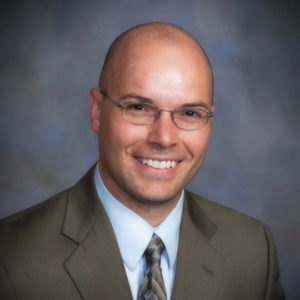My Favorite Reformed Theologians Introduced Me to Aquinas: Credo Colloquy with James Dolezal and Matthew Barrett
Why do my favorite Puritans seem to with some frequency go back to Aquinas?” James Dolezal came to know Aquinas through the works of Reformed Scholastics (from Stephen Charnock to John Owen) who were appealing to Aquinas and commentators on Aquinas in their works. Once you read Aquinas and understand how he contemplates God and all things in relation to God, you can see why the Reformed tradition engaged often with writings not only by Aquinas but his heirs. With the recent drift away from an orthodox understanding of God and Christ, Dolezal is convinced Aquinas is essential reading for Protestants today. But it’s not just about recovering sound doctrine. To recover sound doctrine we need the right metaphysic. The collateral damage of an anti-metaphysical mindset has been severe. So what’s the answer? Realism, says Dolezal. For a realist metaphysic is key to supporting the biblical emphasis on our participation in the likeness of God, an emphasis that defines the biblical story from start to finish, from creation to the beatific vision. Naturally, Aquinas is relevant again as one of realism’s advocates across the Great Tradition.
But what are we to make of modern critiques of Aquinas? Is his view that man’s natural reasoning can know the essence of created things apart from supernatural light mean that man can know certain things autonomously of God? Is Aquinas’ view of participation in God presenting an ontological convergence between Creator and creation or does it equip us to stand against the claims of ontic-identity? How does Aquinas’s realism differ from the Idealism of more recent philosophers and theologians and what does that difference mean for our knowledge of reality? And what is Thomas’ view of God as pure act and is there such a thing as an absolutism in being that is not the “most” absolute being?
These are hard questions, but James Dolezal sits down with theologian Matthew Barrett and explains them with a robust clarity. This is a conversation to watch more than once! And we have good news: it’s only part 1. Watch Part 2 here. These Credo Colloquies have been sponsored by Reformation Heritage Books.
 James E. Dolezal
James E. Dolezal